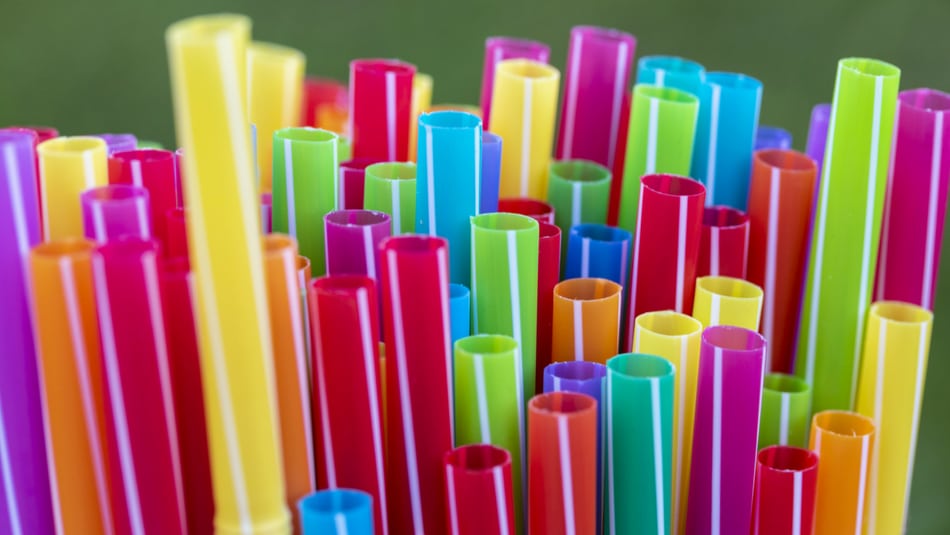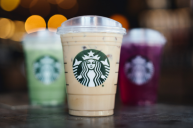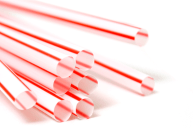If you've seen the news or spend five minutes on social media, you would know that Starbucks is at the forefront of the plastic straws ban and are changing the disposable plastic straw game. Starting this Fall, customers in Starbucks locations around Seattle will be the first to try out their newest cup design to rid the coffee chain of drinking straws. The strawless lids are almost like an adult sippy cup, but Frap drinkers don't have to worry, their whip is still safe, with Starbucks offering straws for these drinks only. In total, the chain will be eliminating more than 1 billion plastic straws per year. That's pretty impressive.
But how does something so small become such a big problem? And why is everyone getting rid of straws now?
The reason behind it is bigger than you think. Single-use plastic straws are rarely recycled and cannot break down on their own. Eventually, the plastic makes their way into the landfills or oceans. According to the World Economic Forum, there is over 150 million metric tons of plastic in the ocean. And scientists are predicting that in 2050 there will be more plastic in the ocean than fish if we keep this up. That's terrifying.
Plastic is also deadly in the oceans for marine life (remember the picture of the sea turtle with the straw stuck up its nose?). Not only is plastic a choking hazard, plastic releases BPA when it starts to break into smaller pieces. A recent study has shown that BPA can be carcinogenic and mess with our hormones.
Why The Straw
For one, straws are found in almost every single restaurant, fast food location and any other place that serves drinks. It's a small step, but environmental organizations say there is a deeper meaning to the ban.
"Our straw campaign is not really about straws," said Dune Ives, the executive director of Lonely Whale, the organization that led the straw ban movement in Seattle. "It's about pointing out how prevalent single-use plastics are in our lives, putting up a mirror to hold us accountable. We've all been asleep at the wheel."
Today the straw, tomorrow perhaps the plastic bag (which California banned back in 2014). There is no nationwide ban in the United States yet for either of these items, however, chains and small businesses are taking the lead to rid more plastic pollution from getting into our oceans.
Businesses Taking a Stand
Below are some of America's big companies taking a stand.
Disney
Mickey and Minnie are joining the straw ban with a plan to"eliminate single-use plastic straws and plastic stirrers at all owned and operated locations across the globe by mid-2019." The change will cut down 175 million straws and 13 million stirrers annually.
Aramark
The company which oversees dining in schools, hospitals, offices and sports venues will switch over to eco-friendly straws by 2022.
Starbucks
The coffee giant has pledged to get rid of plastic straws internationally by 2020. Frappuccinos will come with a compostable straw.
McDonald's
McDonald's has set a goal to transform all its cups, straws and boxes to renewable or recycled sources by 2025.
American Airlines
Starting this month the airlines will be removing straws and stirrers from all their lounges and serve their drinks with an eco-friendly straw and wood stir stick. Then in November in-flight stir sticks will be turned into a bamboo alternative.
Royal Caribbean
The cruise line has pledged that all 50 ships in its fleet will be free of plastic straws by the end of 2018. This past year they have been operating under a "by request only" policy for their plastic straws.
As of now, these are the biggest names that have made announcements, but that doesn't mean that any small company or store can't make a big difference. Even people at home can keep metal straws, reusable straws or biodegradable alternatives in their purse or wallet whenever they go out. Every small step helps keep plastic waste out.




